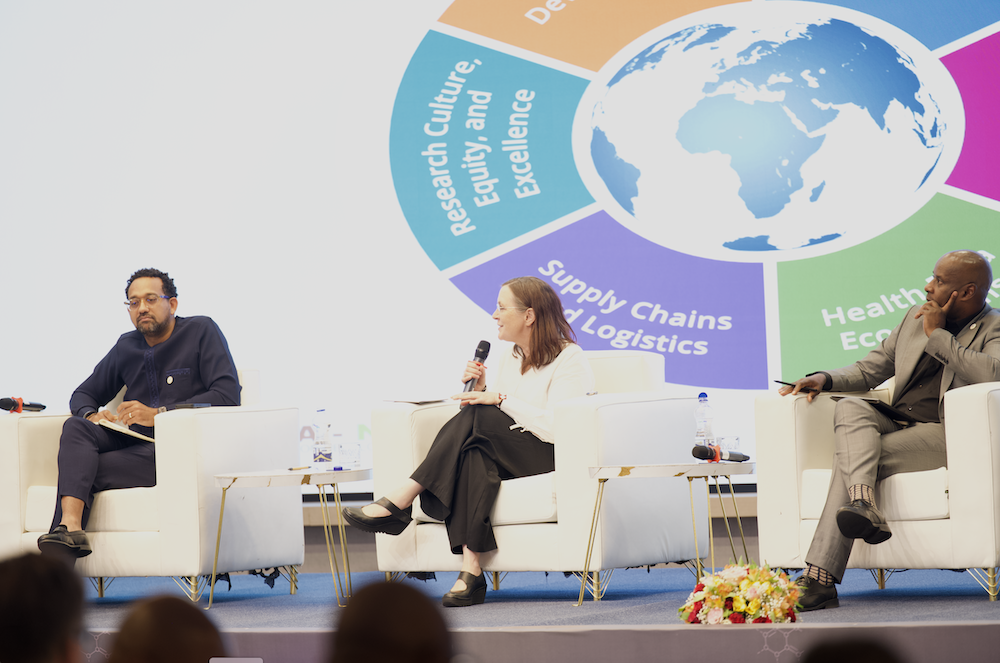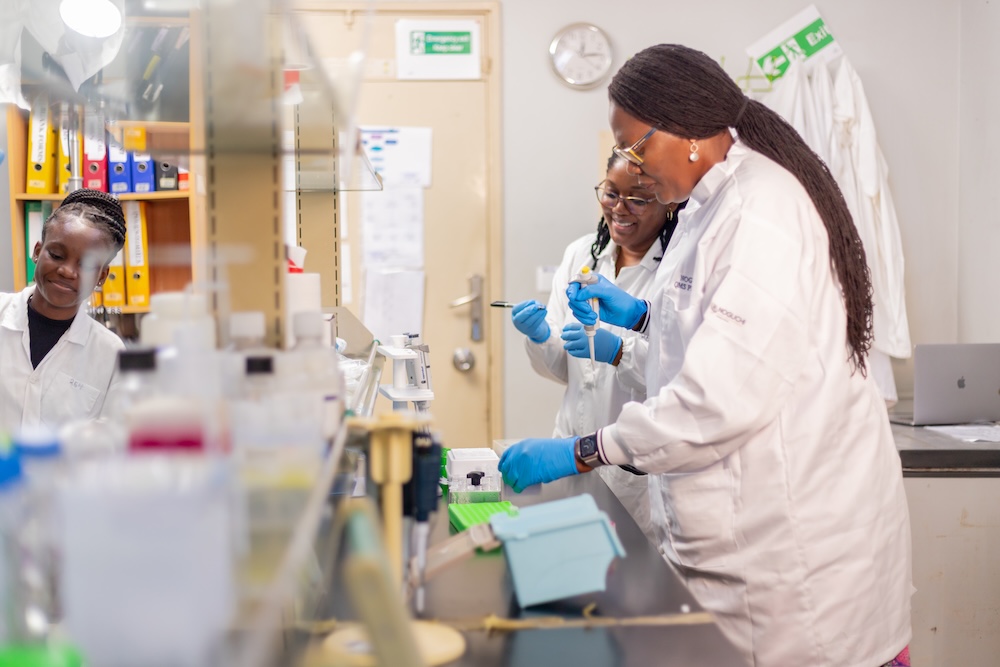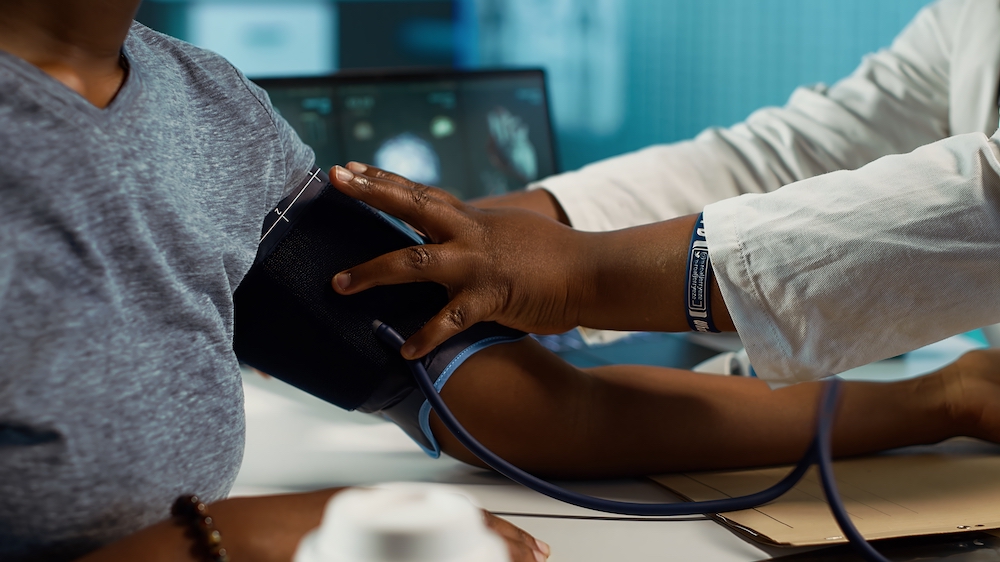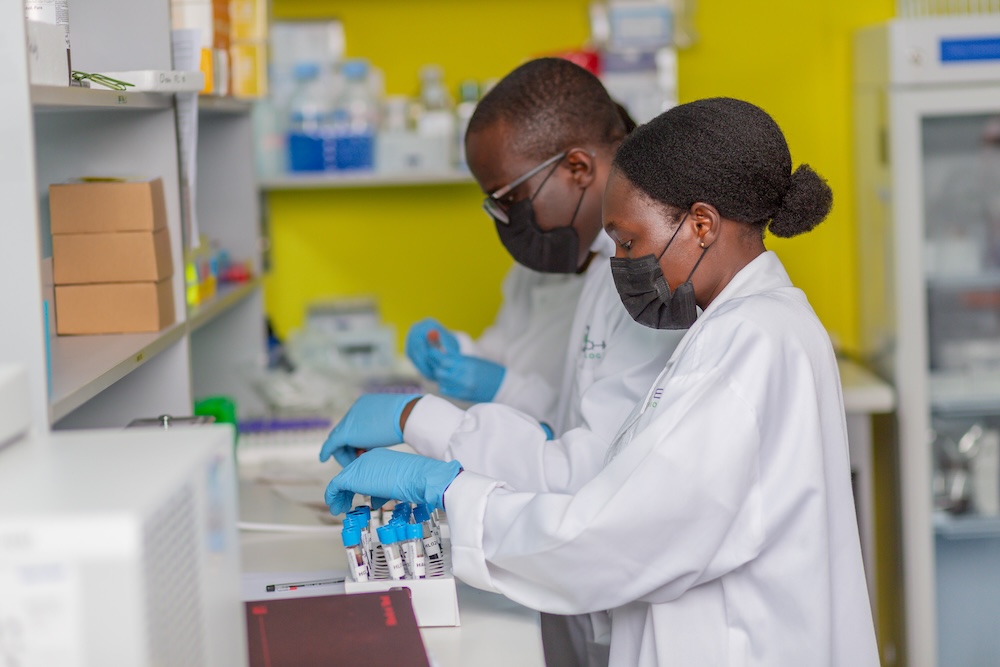
Media Centre
Global Grand Challenges network announces 59 innovators tackling climate change's impact on health, agriculture, and gender equality
Tuesday, October 29, 2024
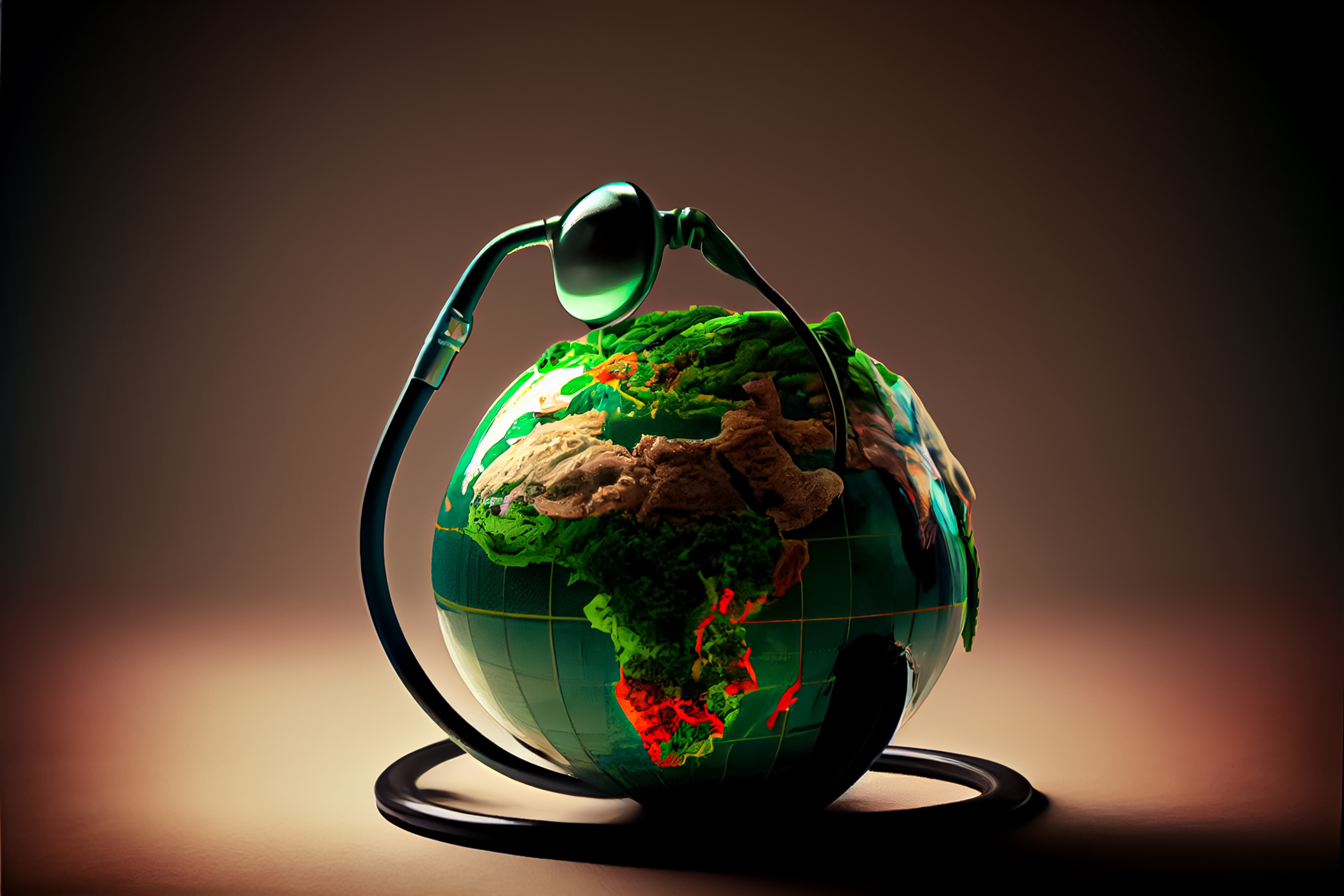
Tuesday, 29 October — Today, the Global Grand Challenges (GC) network, a family of global partners fostering innovation to solve key global health and development problems, is announcing a group of 59 grant recipients who are developing ground-breaking solutions to address the impacts of climate change on health, agriculture, and gender equality in Africa, Asia, and the Americas.
Climate change poses an existential threat to global health & development. Climate change disproportionately affects the poorest communities in low and middle-income countries who are dependent on climate-sensitive sectors such as agriculture, water resources, and biodiversity. Pregnant women and newborns are also especially vulnerable to excessive heat exposure, leading to increased risk of hospitalization and death.
By integrating approaches centred on women’s needs and preferences, the researchers aim to empower women as leaders and innovators in climate adaptation and mitigation efforts. The supported projects range from developing early warning systems for climate-driven disease outbreaks to designing gender-responsive climate-smart agriculture solutions. The holistic, interdisciplinary approach by these innovators aims to build resilience and create sustainable pathways for communities across the continent.
“These awarded innovations represent a pivotal step towards addressing the multifaceted challenges posed by climate change. By fostering collaborative efforts and supporting game-changing innovations, we are laying the foundation for a healthier, more resilient future, gradually safeguarding the well-being of our communities, and paving the way for longer-term sustainability,” said Evelyn Gitau, Chief Scientific Officer at the Science for Africa Foundation.
“Grand Challenges (GC) Rwanda is pleased to be a partner to this global transformative initiative that supports innovative projects utilizing transdisciplinary approaches and scientific collaboration to accelerate the development of transformational solutions to address the intersection of climate change and public health to foster a healthier population and resilient community,” said Dr Eugene Mutimura, Executive Secretary, Rwanda National Council for Science and Technology.
Mrs Frehiwot Abebe, State Minister, Minister of Health, Ethiopia: “As we confront the challenges posed by climate change, we must recognize that the health of our people and our planet are deeply interconnected. It is imperative that we work together to create sustainable solutions that protect both human health and our environment. As a proud partner through GC Ethiopia, we are committed to supporting innovation to mitigate climate changes and its impact on health.”
“Innovation and research are the strongest tools and guiding beacons in addressing climate change’s impact on health and agriculture. Grand Challenges India, BIRAC is steadfast in its commitment to support and nurture locally-driven, sustainable, and climate-resilient solutions. “By leveraging scientific advancements and fostering collaborations, we can alleviate the burdens on health posed by climate change and create resilient health systems that not only adapt to but also mitigate its impacts. These transformative solutions we develop today will protect our most vulnerable communities and secure our collective future.” Dr Jitendra Kumar, Managing Director, Biotechnology Industry Research Assistance Council (BIRAC).
“We are proud to be part of the Global Grand Challenges initiative, which demonstrates the power of collaboration to address critical global issues at the intersection of climate, health, and gender equality. By supporting projects that integrate women’s needs and preferences, we are fostering innovations that not only strengthen public health systems but also empower women as leaders in climate adaptation and mitigation efforts. Through this initiative, we are developing solutions ranging from early warning systems for climate-driven disease outbreaks to gender-responsive, climate-smart agricultural practices. This work is vital for ensuring the well-being and resilience of populations in Brazil and around the world,” said Dr. Carlos Gadelha, Secretary of Science, Technology, Innovation, Ministry of Health of Brazil.
The GC Network of funders include Grand Challenges Africa (pan-African led by Science for Africa Foundation), Grand Challenges Brazil (Brazil’s Ministry of Health), Grand Challenges Ethiopia (Ethiopia’s Ministry of Health and hosted at Armauer Hansen Research Institute), Grand Challenges India (India’s government, Ministry of Science and Technology, Department of Biotechnology (DBT), Biotechnology Industry Research Assistant Council (BIRAC), Grand Challenges Rwanda (Rwanda’s National Council of Science and Technology) and Pasteur Network. Funding for these projects is also provided by the Bill & Melinda Gates Foundation, Wellcome, Foundation S -Sanofi Collective, and The Rockefeller Foundation. Their investment to the 59 innovators is worth a total of $9.6 million.
“Addressing the intersection of climate, health, and adaptation is paramount to safeguarding the well-being of communities worldwide. By funding research in this critical area, we are empowering scientists and innovators to develop solutions that protect the most vulnerable populations and build resilience in the face of a changing climate,” said Alan Dangour, Director of Climate and Health at Wellcome.
The grants are awarded to innovators in their respective countries or regions, focusing on three key areas affected by climate change: health, agriculture, and gender as follows: GC Africa (8 grantees — 2 Kenya and one each from Tanzania, Uganda, Ghana, the Democratic Republic of Congo, Senegal, and Cameroon); GC Rwanda (4); GC Ethiopia (2); GC India (16); GC Brazil (4); the Pasteur Network (2 — one each from New Caledonia and Laos) and the Global Grand Challenges (23 in total) Bangladesh (2), Brazil (1), Cameroon (1), Cape Verde (1), Cote d'Ivoire (1), Ethiopia (1), India (4), Kenya (4), Liberia (1), Nepal (1), Nigeria (1), Pakistan (1), Senegal (1), South Africa (1) and Tanzania (2).
“We will not solve the global climate crisis without re-envisioning the future relationship between agriculture, health, and gender equality,” says Rodger Voorhies, president of Global Growth & Opportunity at the Bill & Melinda Gates Foundation. “We’re excited to collaborate with partners through the Grand Challenges program to increase our investment in innovations—many of them already available and ready to be scaled up—that enable small-scale farmers, especially women, to adapt to climate change.”
To learn more about the awarded innovators and their work, click here.
Additional Quotes
“We believe that investing in research on the intersection of climate change, health, and adaptation is crucial for strengthening community resilience and protecting populations most impacted by the devastating effects of climate change. By supporting innovative solutions, we aim to reinforce the capacities of health systems in areas where people face the greatest climate-related barriers to accessing essential health services. It is only through collaboration that we can build a safer, healthier future for the communities we serve.” Vanina Laurent-Ledru, Director General, Foundation S The Sanofi Collective
“We are committed to supporting initiatives that tackle the root causes of climate change and its impacts on health and well-being. By funding research in this area, we are working towards building more resilient communities and fostering sustainable development pathways for future generations.” Naveen Rao, Senior Vice President, Health - The Rockefeller Foundation.
Devotha Nyambo, GC Africa Innovator “Our research at the Nelson Mandela African Institution of Science and Technology aims to harness the power of artificial intelligence to enhance disease surveillance and prediction. With the recent funding we've received, we will engage directly with local communities in Morogoro, Manyara, and Dar es Salaam, particularly focusing on women's involvement. This community-driven approach will not only improve the accuracy of our AI models but also empower these communities to take proactive measures against these health threats. By combining cutting-edge technology with grassroots data collection, we are paving the way for a more resilient public health system that can adapt to the challenges posed by climate change.”
“The Pasteur Network is committed to advancing research that explores the impact of climate change on public health, particularly in vulnerable regions. Producing critical data to guide policies and interventions aimed at safeguarding communities from climate-related health risks is essential. Generating evidence-based insights is crucial to shaping public health strategies, resource allocation, and planning decisions that address the wider effects of climate change on disease transmission and overall well-being.” Rebecca Grais, Executive Director, Pasteur Network.
Media Enquiries
Davies Mbela
